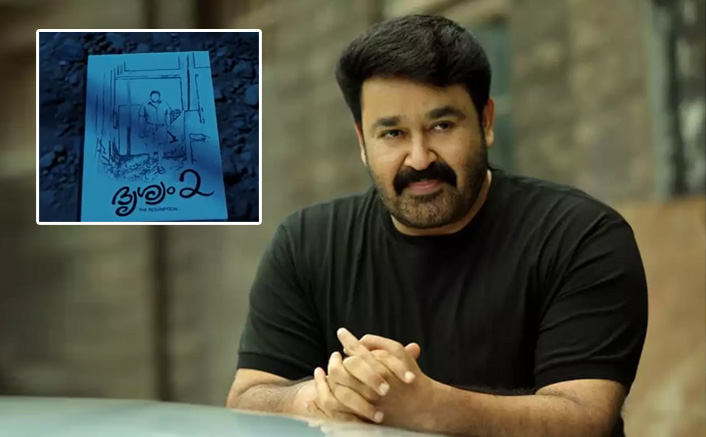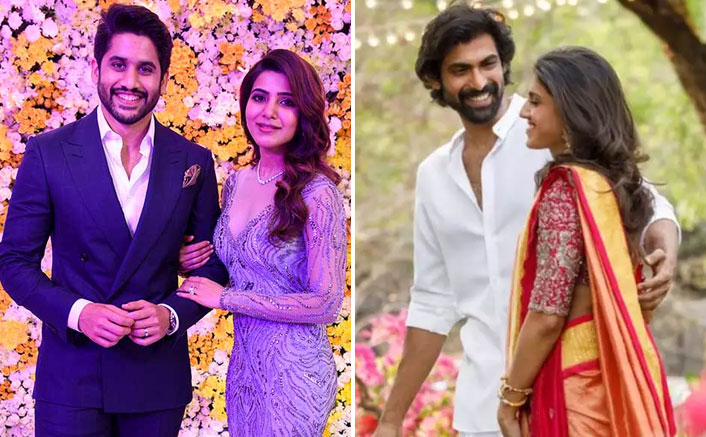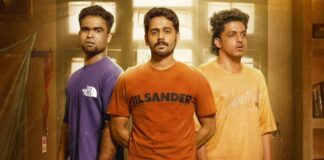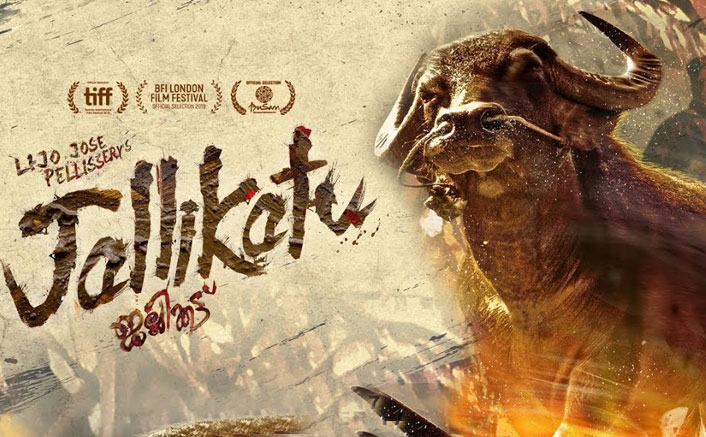
Koimoi Recommends Jallikattu: Ever been on a roller coaster (the huge one)? Remember how you aren’t ready for the fall, but when it happens, your adrenaline touches the ceiling? That’s Jallikattu, you guys. Filmmaker Lijo Jose Pellissery’s Jallikattu is ‘organised’ chaos (yes I used two contradictory words together) that is a flash of cinematic brilliance. Today, as I question my being and how much has our race evolved, after watching this, we recommend you Jallikattu, that shook me to bits and now I have no words to explain how.
Director: Lijo Jose Pellissery
Available on: Amazon Prime Videos
Language: Malayalam (with subtitles)
Trending
Jallikattu isn’t a film you can write a summary for. It’s a one-line plot. A buffalo runs away from a slaughterhouse, and a complete village sets loose to catch it and get a piece of it. This is a film that deserves you to get in without questioning the intention of the story. Said to be an adaptation of Hareesh S’ short story Maoist, Jallikattu plays out like a choreographed performance with hundreds of artiste presenting a set choreography.
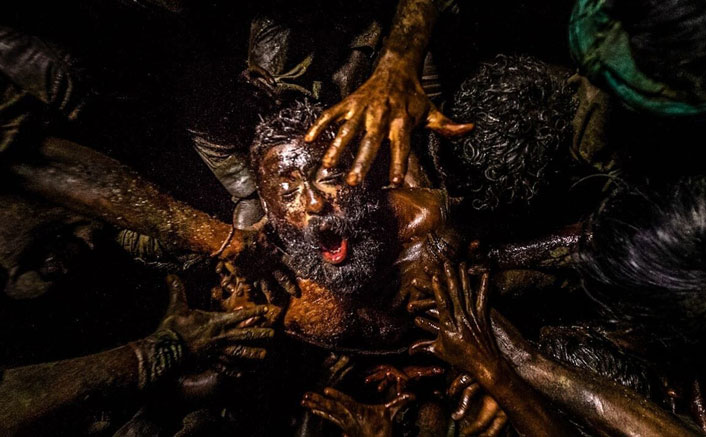
The title Jallikattu is a reference to the famous festival with same name from Tamil Nadu. In which a bull is left loose and participants have to catch its hump with both hands. Just here in the movie, the situation occurs uncalled for.
We have learnt about the Neanderthals in our textbooks and we are their evolved versions. But have we really evolved? Jallikattu asks this simple question with the buffalo as a metaphor for our greed. Known for hunting in herds and everyone turning into beasts to get a piece of the luxury, Neanderthals were brutal. But is that definition not suitable to the evolved race still?
So let’s make it simple. It’s a village that loves buffalo meat. So to so, that a father is having sleepless nights thinking of its unavailability in his daughter’s wedding feast. In this case, a buffalo is amok and is for the one who catches it and claims the meat. What follows is a chase that is metaphorical to the filth we live in. Writer R Jayakumar and Lijo create a universe within a village and show you all the filth that exists in the human race.
The complete film is a chase with no concrete dialogue exchange. While on the run, you meet characters, story angles and you realise it isn’t just about the buffalo. When the greedy men (no women, notice it) are transformed into unleashed beats, who would kill each other just for a piece of the buffalo, we hear an old man say, “this land had once been full of animals, and it is still so, look at those two-legged creatures.” And the point is made.
In this universe, women don’t get to participate. Maybe this was Lijo and Jayakumar’s way of highlighting how men were and majorly still are the in charge. Women just had to exist as to serve them. And that is also a part of the filthy mind-set.
In the runtime of 95 minutes, the makers do not waste a single moment. The film opens to a rather uncomfortable background score. Close up shots of the characters sleeping while the sound of their breath and the ticking of clock plays in the background. Morning comes in and we are introduced to this universe. The metaphor here shows us the sleeping beasts who seem to be harmless in sleep but are monsters for their greed. There is no breather once the sun rises. There is so much happening that you would not even want to blink in those 95 minutes.
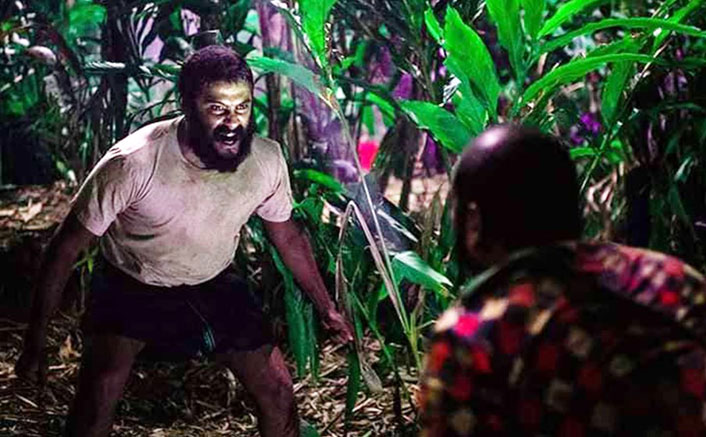
Later when the mob stars following the buffalo, you recognise Antony Varghese, Sabumon Abdusamad, Santhy Balachandran, and everyone from the sleeping montage. The actors almost take up an oblivion part but still manage to make their presence felt.
The background score by Prashant Pillai and the sound editing by Renganaath Ravee are somethings that you might have never come across in cinema. The sheer use of panting voices and the crunching of leaves to bring you to the edge of the seat is brilliant.
Coming to the best part. Jallikattu is a classic example of experimental cinema. Lijo is known for his long takes and perspective that makes the viewer one from the crowd. Cinematographer Girish Gangadharan aces it here and takes Lijo’s idea miles ahead. The opening just has a still shot of the sun rising. The closing is a dark night with torches lit. Everything happens in between and Girish makes his camera your eyes. Watch out for a beautiful sequence choreographed and shot around a well. I still can’t forget those visuals. The final sequence with men turned monsters running wild with no aim in sight and the last shot will haunt me for ages.
Yes, it does not delve or let you know the characters completely. There are parallel plots that of two friends turned enemies, a father trying hard to pull off a wedding, police officer’s failing marriage, a zen (for his won good) man trying to find compensation for his destroyed crops. But they are never explored. And we understand, Jallikattu’s messaging is clearly about the greed that this herd is running behind. So if in this crisp edited events the focus was shifted the purpose was lost.
I never thought a 95 minutes long film with no concrete dialogues but only ‘organised’ chaos, would suck me to an extent where I name it the best. Watch Jallikattu, experience a film like no other. And trust me on this, it will take the Hindi film industry more than a decade to reach the brilliance that this one has. We recommend you Jallikattu with all our heart.
Jallikattu Star Rating: 5/5 (FIVE STARS!)
Android & IOS users, download our mobile app for faster than ever Bollywood & Box Office updates!





